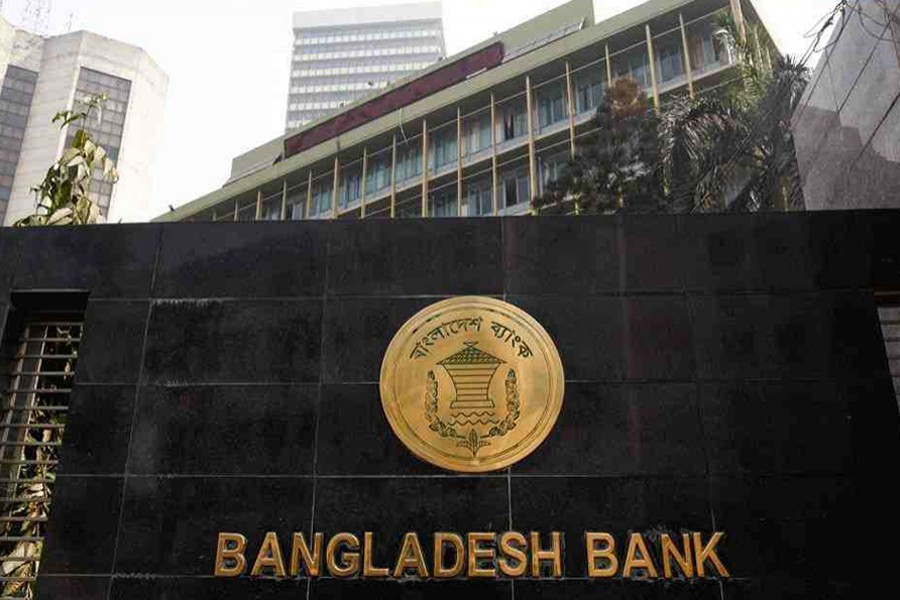The central bank forms a refinancing scheme worth Tk 5.0 billion to support those who went back to their villages in reverse migration driven mainly by the Covid-19 pandemic.
Officials say the low-cost funds from the stimulus fund will be used to help out the people who lost their jobs at the height of the coronavirus pandemic and were now leading a difficult life without any employment in villages.
"We've launched the stimulus package titled Refinance Scheme for 'Ghore Fera' (homecoming) to help the people in undertaking income- generating initiatives," a senior official of the Bangladesh Bank (BB) told the FE while explaining the main objective of the scheme.
He also says it will also help in offsetting adverse impact of the Covid-19 pandemic on the rural economy of Bangladesh.
The participant banks in the scheme will get refinance facilities from the central bank at 0.5-per cent interest, according to a notification issued Monday by the central bank.
The borrowers will be able to get loans at 6.0-per cent interest under the scheme that will run until December 31, 2024.
The central bank has selected eight sectors as eligible for receiving loans under the scheme.
These sectors are local businesses with small capital; purchase of small vehicles in the transport sector; light engineering; fisheries and livestock; setting up service centres for information technology; cultivation of vegetables and fruits; purchase of agriculture equipment; and building and repairing houses.
Under the scheme, borrowers are allowed to get loans without collateral.
Borrowers who will avail up to Tk 0.20 million will be allowed to repay the loan in 24 months, which includes a grace period of three months.
The repayment tenure will be three years, including a six-month grace period, if the amount of loan ranges more than Tk 0.20 million but within Tk 0.50 million.
Earlier, a study found that 18 per cent of the 28 per cent who left their urban world involuntarily during the 18 months of the Covid crisis returned to the cities but 10 per cent did not or could not.
These reverse migrants, who are mostly part of the 'new poor', represent a novel sociology not only for Bangladesh society at large but also for poverty-alleviation paradigms of government and non-governmental organisations (NGOs), according to the fourth round of the survey, conducted by the Power and Participation Research Centre and the Brac Institute for Governance and Development.
"They are certainly in distress but their motivations and aspirations may not necessarily conform to those of the pre-existing rural poor," it says, adding that effective policy response to the needs of this group will depend on overcoming critical knowledge gaps.


